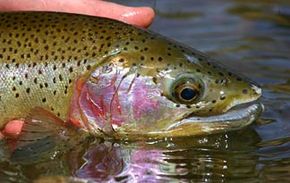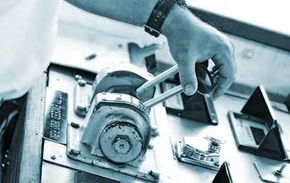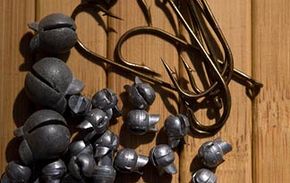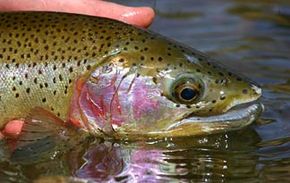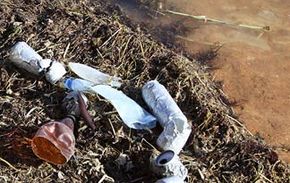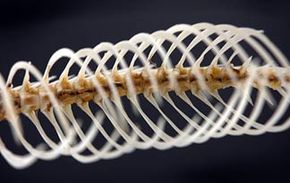Even though recreational fishermen enjoy catching fish, they're also deeply concerned about protecting them. That may seem like a paradox, but when you stop to think about, it only makes sense. After all, fishermen go out into nature, where they're able to observe firsthand the damage to marine ecosystems that the rest of us only read about in newspapers or see in TV documentaries. They see with their own eyes the effects of pollution, commercial overfishing, habitat destruction and other threats to aquatic life. And they're keenly aware that these problems endanger the pastime to which they're so devoted.
The good news is that a love of fishing and environmental awareness can work hand in hand. If you fish for pleasure, there's plenty you can do to protect fish and other aquatic animals and the marine environment -- from practicing catch and release to reducing the amount of carbon that you put into the atmosphere. (Remember, next to commercial overfishing, climate change is one of the biggest menaces to the life in our rivers, lakes, bays and oceans.) Read the following five sustainable fishing tips.
Advertisement
